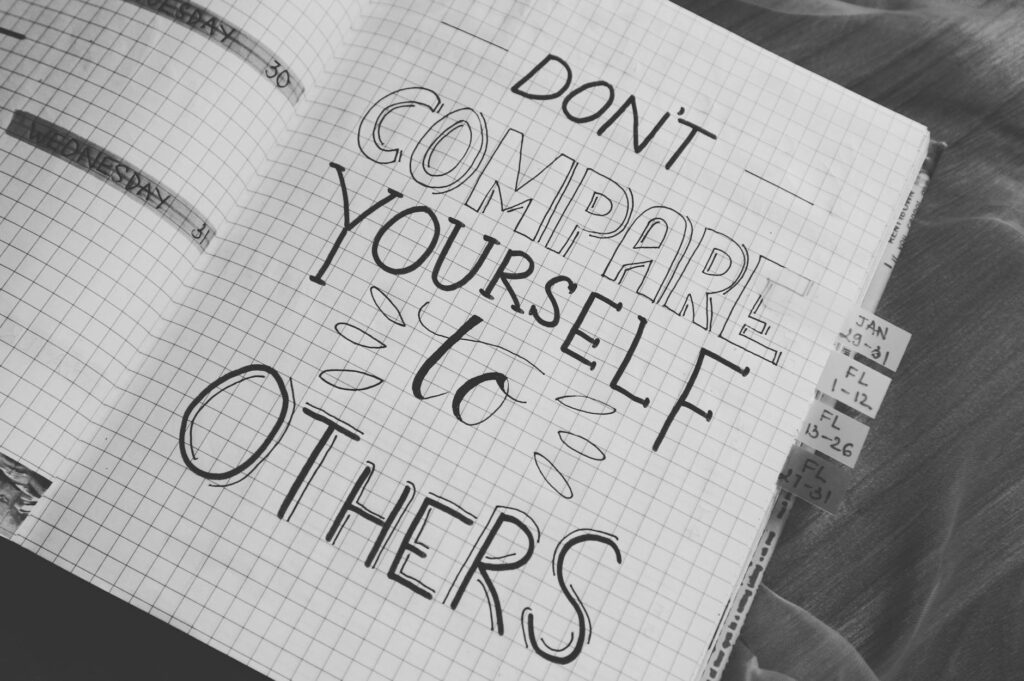What is productivity journal techniques?

What is productivity journal techniques?
In today’s fast-paced world, finding ways to maintain focus and manage time effectively is crucial. One method that has gained popularity is using productivity journals. These journals not only help individuals track their goals but also serve as powerful tools for personal development and self-reflection. In this article, I’ll explore various productivity journal techniques that can enhance your efficiency and help you achieve your aspirations.
Understanding Productivity Journals
A productivity journal is a dedicated space where you can record your daily activities, thoughts, and reflections. Its primary purpose is to help you organize your life, set goals, and keep track of your progress. By documenting your experiences, you gain insights into your habits and can identify areas for improvement.
The Purpose of a Productivity Journal
At its core, a productivity journal serves multiple purposes:
- Tracking Goals: It allows you to set clear and achievable goals, making it easier to monitor your progress.
- Managing Time Better: By logging your daily activities, you can identify time-wasting habits and optimize your schedule.
- Enhancing Focus: Writing down tasks helps declutter your mind, allowing you to concentrate on what truly matters.
Benefits of Keeping a Productivity Journal
Keeping a productivity journal offers several advantages that can significantly impact your day-to-day life:
- Improved Organization: Writing things down helps maintain clarity and structure in your daily routine.
- Accountability: By documenting your tasks and goals, you create a sense of responsibility for your actions.
- Stress Reduction: Journaling can be therapeutic, allowing you to express your thoughts and feelings, ultimately reducing anxiety. For a deeper dive into the benefits of journaling, check out The Benefits of Journaling for Productivity.
Popular Techniques for Productivity Journals
There are various techniques you can utilize in your productivity journal to maximize its effectiveness. Let’s take a closer look at some popular methods.
Bullet Journaling
Bullet journaling is a customizable and flexible system that promotes efficiency. It combines elements of a planner, diary, and to-do list into one cohesive journal. You can create symbols for tasks, events, and notes, allowing for quick entries. This method not only boosts your organizational skills but also lets you adapt the journal to your needs.
Daily Logs and Time Blocking
Daily logging involves writing down your tasks and activities for the day. This technique can help you prioritize what needs to be done immediately. Time blocking complements this approach by allocating specific time frames for various tasks. By setting aside focused periods for work, you can enhance your productivity and manage distractions effectively.
Reflective Journaling
Reflection is an essential component of personal growth. Reflective journaling encourages you to look back on your day and assess what went well and what didn’t. This practice can help you identify patterns in your productivity and develop strategies to enhance it. Regular reflection fosters a sense of awareness, allowing you to adapt your approach over time.
Integrating Productivity Journal Techniques into Daily Life
Incorporating productivity journal techniques into your daily routine can be a game-changer. Here are some practical tips to help you get started.
Establishing a Daily Routine
Building a consistent journaling habit is key. Set aside a specific time each day to write in your journal, whether it’s in the morning before starting your day or at night to reflect on your experiences. Consistency will reinforce the habit and make it easier to integrate journaling into your life.
Using Technology for Productivity Journals
While traditional pen-and-paper journals are effective, digital tools can enhance your journaling experience. There are several apps available that allow you to maintain a productivity journal on your smartphone or computer. These tools often come with reminders, templates, and analytics features that can help you stay on track. For more tips on using productivity journaling effectively, visit Productivity Journaling – What it is and how to use one.

Photo by Bich Tran
Conclusion and Next Steps
In conclusion, productivity journal techniques are invaluable tools in our quest for better time management, increased focus, and personal development. By embracing methods like bullet journaling, daily logs, and reflective journaling, you can create a structured approach to achieving your goals. Remember, the key is consistency—make journaling a part of your daily routine, and watch as it transforms your productivity and mindset. So, why not grab a notebook or download an app today and start your journaling journey? Your future self will thank you!